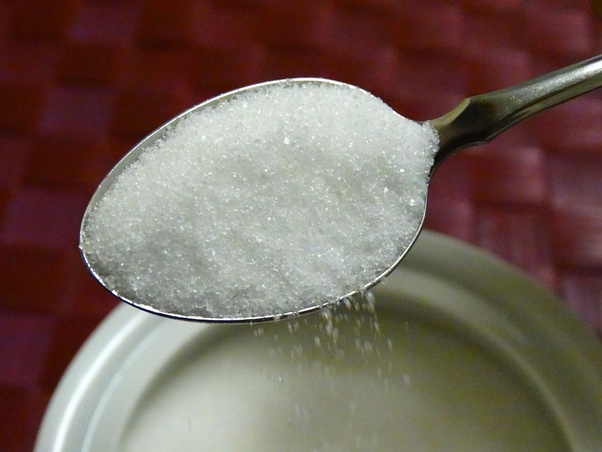((# Introduction Sugar, a ubiquitous))
ingredient in our daily diet, provides quick energy but also raises questions about its digestive process and impact on health. Understanding how sugar is processed in the body can help us make more informed dietary choices and better manage our health. This article discusses in depth the digestion process of sugar, its journey through the body, and the time it takes to digest. ### The journey of sugar in the digestive system # 1. **Mouth** The digestion of sugar begins in the mouth. When you eat sweet foods, this process begins immediately after chewing. Saliva, which contains an enzyme called amylase, begins to break down some starches (complex carbohydrates) into simple sugars. However, simple sugars such as sucrose, glucose, and fructose do not need much breakdown in the mouth and they pass quickly into the stomach. # 2. **Stomach** Once swallowed, the sweet food passes through the esophagus into the stomach. In the stomach, the food mixes with gastric juices, forming a semi-liquid mixture called chyme. Here, significant chemical digestion of sugars does not occur because the stomach focuses primarily on breaking down proteins. The acidic environment of the stomach does not significantly affect simple sugars.
((3. **Small intestine**))
The small intestine is where the majority of sugar digestion and absorption occurs. The pancreas secretes enzymes, including pancreatic amylase, which breaks down any remaining complex carbohydrates into simple sugars. The lining of the small intestine makes enzymes such as maltase, sucrase, and lactase, which break down maltose, sucrose, and lactose into glucose, fructose, and galactose. These simple sugars are then absorbed through the intestinal walls into the bloodstream. # 4. **Bloodstream and Cells** After reaching the bloodstream, the primary energy source, glucose, is transported to cells throughout the body. Insulin, a hormone produced by the pancreas, plays a key role in helping cells absorb glucose. The cells then use the glucose for energy or store it as glycogen in the liver and muscles for later use. Fructose and galactose are transported to the liver, where they are converted to glucose or stored. # Timeframe for sugar digestion The digestion and absorption of sugar occurs relatively quickly compared to other nutrients. Here is a description of the timeframe: **Mouth**: The initial breakdown of some sugars by saliva occurs in seconds to minutes during chewing. **Stomach**: Sugary foods remain in the stomach for about 15 to 30 minutes before moving to the small intestine. However, the sugar itself is not significantly digested in the stomach. **Small intestine**: Most of the digestion and absorption of sugar occurs within 15 to 30 minutes of the chyme reaching the small intestine. This means that within 30 minutes to an hour of intake, most of the sugar is absorbed into the bloodstream. Overall, it takes about 1 to 2 hours for sugar to be fully digested and absorbed into the bloodstream. This rapid absorption is why sweet foods can provide a quick burst of energy.
((# Factors affecting sugar digestion))
Several factors can affect the speed and efficiency of sugar digestion: **Type of sugar**: Simple sugars such as glucose and fructose are absorbed more quickly than complex carbohydrates. **Presence of fiber**: Foods rich in fiber can slow the digestion and absorption of sugar, leading to a more gradual rise in blood sugar levels. **Composition of the meal**: Consuming sugar with protein, fat, or fiber can slow its digestion and absorption. **Individual differences**: Age, metabolic rate, and digestive health can affect how quickly sugar is digested and absorbed. Health Implications Understanding sugar digestion is essential for health management. Rapid spikes in blood sugar levels from quick digestion and absorption can lead to insulin resistance, weight gain, and an increased risk of type 2 diabetes over time. Choosing foods with a low glycemic index, which are digested and absorbed more slowly, can help maintain stable blood sugar levels and support overall health. # Conclusion Sugar digestion is a rapid process, typically completed within 1 to 2 hours of consumption. This quick digestion is why sweet foods provide instant energy. However, the speed of sugar digestion and its effect on blood sugar levels highlight the importance of conscious dietary choices. Incorporating foods that slow down sugar absorption can help maintain stable blood sugar levels and promote long-term health. Understanding the digestion process enables individuals to make informed decisions about their sugar intake and overall diet.
visit my another website -->>> Enjoy delhi with High Profile



No comments:
Post a Comment